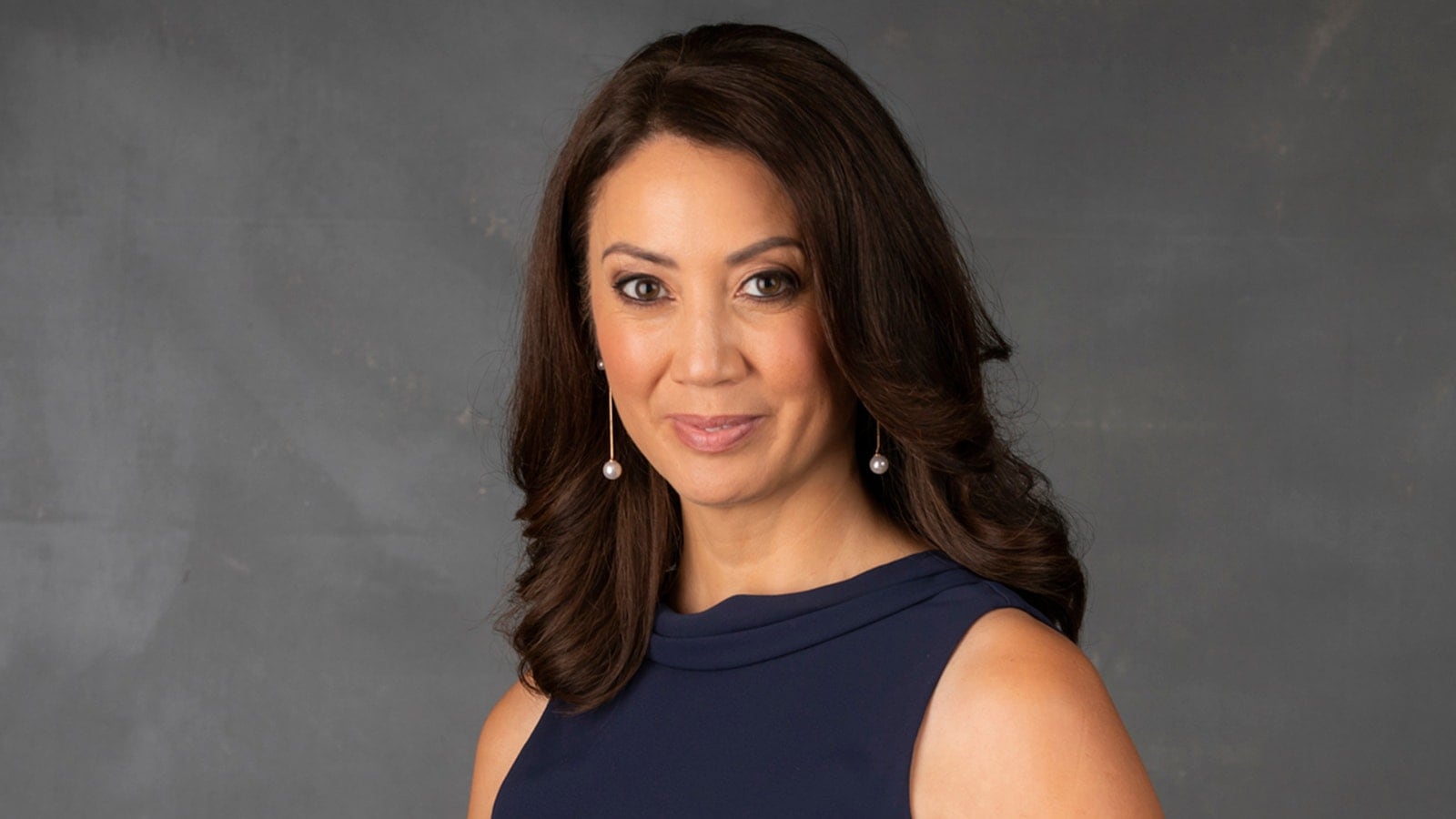Mike McRoberts’ face is known across the motu as the face of Newshub (previously 3News, but, as he stands in the studio that’s been his home for decades, a tinge of sadness crosses his face.
“Tino pōuri” he replies when asked how he’s feeling.
Very sad.
“Yesterday’s announcement wasn’t unexpected, but it still is really sad. There are 35 years of legacy here. Hundreds of people, who have poured their lives into this news service, and to see it coming to an end is very sad.”
In late February, Warner Bro. Discovery (WBD, Three and Newshub’s parent company) announced it would shutter its news operation.
Yesterday, following an extensive consultation process which included desperate pitches from the newsroom to switch to an entirely digital offering, WBD confirmed the closure, with up to 300 staff to lose their jobs come early July.
In a demoralising twist for news teams across Aotearoa, WBD’s confirmation coincided with TVNZ’s confirmation it would shrink the Re: News team, and axe two daily news bulletins (1News at Midday and 1News Tonight), as well as current affairs shows Fair Go and Sunday.
Sunday presenter Miriama Kamo, whose face is just as well-known as McRoberts’, also spoke to Te Ao Māori News today.
As she stands beneath a tree in Tāmaki Makaurau, the wind is howling through the leaves under a thunderstorm watch.
Ironic, given the brewing storm Aotearoa’s democracy also faces.

“So how’s that noise? Because it’ll probably get louder too,” she asks, her decades of experience in interviewing people unable to contain itself, and yet a skillset very much set to be lost to an imperiled industry.
“It’s a really difficult time... we’ve been there for 22 years.”
“Journalism is a pou of our democracy, and so to see that crumbling away with the loss of Newshub, which was an enormous blow, and the other programmes that are affected at TVNZ, along with the mamae across the industry.”
“it’s a very difficult time. Tino uaua (very difficult).”
The future of Māori news
“I feel particularly aggrieved for Māori,” McRoberts said. “I went to and covered the hui ā-motu this year. Also Waitangi, and just thoroughly enjoyed the experience of telling those stories, of showing te ao Māori, and those opportunities aren’t going to be there anymore, and I’m really saddened by that.”
McRoberts has served as a principal presenter of Newshub Live at 6pm since 2005, after John Campbell and Carol Hirschfeld departed to start Campbell Live.
It was that role he once again served this year at many major events in Māoridom.
“I think this year in particular we need to have a strong voice, and we need to be challenging some of the things the government is doing, this coalition government.”
He laments the loss of Newshub, not only as a television news bulletin, but also as a prolific digital news outlet as well.
“People don’t understand when they say, ‘I haven’t watched the news in months or years’ or whatever, but the stuff that they’re looking at on their phone is exactly what is on the news.”
“It’s got to come from somewhere.”
How news media got here
In the mass media job cuts announced by Warner Bros. Discovery and TVNZ, both have cited a decline in television advertising revenue and an inability to recoup those costs with digital advertising revenue, even when their digital audience is of similar or greater size than their television audience.
Despite concerted attempts across Aotearoa’s news industry to transition to digital-first offerings, a huge margin of the already-inferior digital advertising revenue is gobbled up by tech giants Meta and Google, despite not having any active news staff or resources in the country.
Essentially, that means when a news outlet deploys teams and resources to cover a disaster zone like Cyclone Gabrielle, 90 cents of every dollar of digital advertising revenue goes to Meta and Google.
In stark contrast, only 10 cents of every dollar goes to the newsroom that paid for reporters, producers and/or camera operators to report the news.
In a select committee hearing on the Fair Digital News Bargaining Bill in mid-February, MPs heard the depth and desperation of the news industry’s plight from News Publishers Association (NPA) chairperson Sinead Boucher.
“Our members asked us to really emphasise the utter urgency of this legislation. They are clinging on by their fingernails.
“In some cases, they feel like they are really losing that battle in the near future.”
Boucher is also the chair of Stuff, and only two weeks later, her reporters were breaking the news of Newshub’s proposed closure.
A little over a week after that, they were reporting proposed job cuts at TVNZ.
In that same select committee hearing, TVNZ’s executive editor Phil O’Sullivan went a step further, saying the news industry was in a “real fight for survival.”
“The health of local media is vitally important. When 90 cents of every dollar goes offshore, we know there’s a problem to fix.”
It’s a sentiment Kamo picks up on.
“I see this situation as a crisis and it needs leadership, and I would like to see the government really taking a position here that makes it clear how much they understand how important the pou of journalism, the fourth estate, is in our country.”
“I haven’t seen that yet. I hold hope.”
